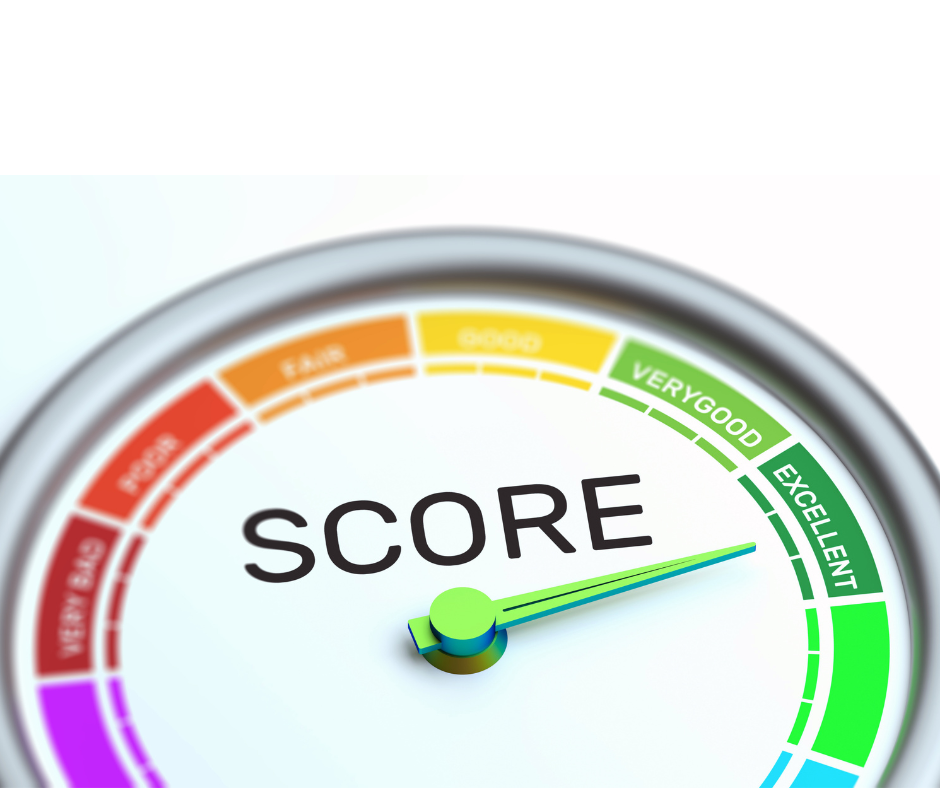Are you looking to apply for permanent residence in Canada under the Express Entry (EE) program? The Express Entry program has become quite competitive with regards to scores over the last few years. Applicants are drawn from a pool of applicants ranked from highest to lowest score and then invited to apply for permanent residence. Having a competitive Comprehensive Ranking System (CRS) score is mandatory to ensure increased chances of selection from the pool.
It is important to know your score before creating an EE profile and hoping to be selected. Creating a strategy long before the time of applying for permanent residence can be the difference between a successful and unsuccessful profile. Being aware of your score will help you know what strategies can be employed to improve your CRS score. A quick way to calculate your score is to use Immigration, Refugees and Citizenship Canada’s (IRCC) CRS calculator.
After you have an understanding of your score, you can check previous EE draws and see if your score is competitive enough to be drawn out of the program you are applying under. If you see that your score is not close to the lowest score of the selected applicants in the recent draws, you will need to improve your CRS score. The earlier you start to work on improving your score, the more options you have available to you.
A few quick ways to improve your CRS score are the following:
- Improve your language testing scores, even if you have scored well or met the minimum requirement. By improving the test score, you allow yourself to continue earning points. Repeat the test as many times as you can to get the maximum scores.
- If you have completed language testing in only one language, see if you can learn and complete a test in the other official language of Canada (English or French).
- If you are on the cusp of completing another full year of employment, factor that into your score, as another year of employment will boost the CRS score. Gaining more work experience will lead to increased points. Therefore, look at the full picture and see, what is the maximum number of years of Canadian work experience you will be able to show for the EE profile.
- Advancing your education can help increase your score. Ex. if you were to go from completing a 2-year diploma program to a 3-year program allotting a degree, you will increase your score. If you are calculating your points while still studying, you can go ahead and change the program, to earn a higher credential.
- Explore the avenue of a provincial nomination, if you receive a nomination, you are automatically awarded 600 points towards your EE profile. Receiving a provincial nomination can take time, therefore start the process as early as possible.
Understanding which strategies and when to employ them can be challenging due to the ever-evolving nature of Canada’s immigration system, rules and policies. If you are looking to develop a strategy to obtain permanent residence under the EE system, or looking for tips specific to your profile, obtaining a lawyer can be very helpful.
A lawyer can help calculate your current CRS score and ensure it has been calculated accurately. From there you can work with your counsel to create a plan specific to you and ensure if there are any changes in the Canadian immigration system, your chances are not hindered. Working closely with a lawyer can help ensure your plan is adjusted to help keep you on your path towards obtaining permanent residence in Canada.

